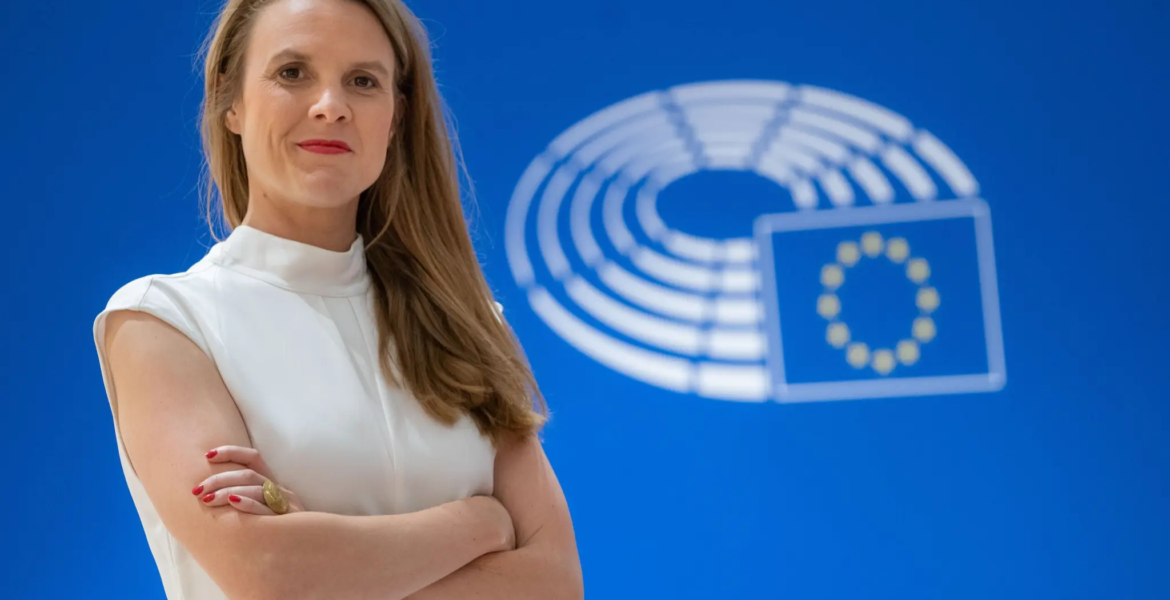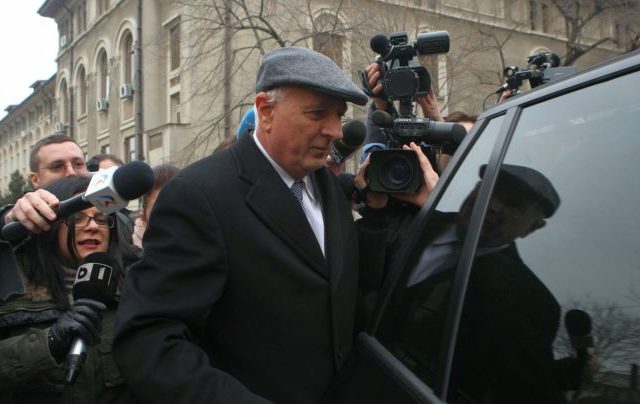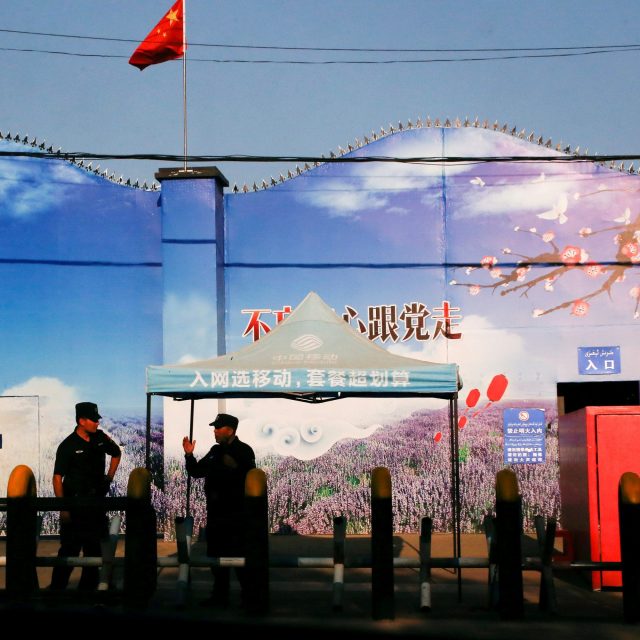The European Commission has presented its Work Programme for 2025 to MEPs meeting in Strasbourg.
The plan puts an emphasis on competitiveness, simplification and defence.
The work programme focuses on the flagship initiatives the Commission will take in the first year of its mandate, “responding to the issues that matter most to Europeans.”
The EC said it reflects the need for more opportunities, innovation, and growth for our citizens and businesses, ultimately fostering a more secure and prosperous EU.
It sets out how the Commission plans, over the next five years, to make implementation of EU rules easier in practice, and to reduce administrative burdens and simplify EU rules. It contains targets and tools to help lighten the regulatory load, boost competitiveness and resilience, and deliver fast and meaningful improvements for people and businesses.
EC President Ursula von der Leyen said: “The next long-term budget will empower our Union’s shared vision for the future. It translates our common priorities into tangible action, which makes a difference for millions of citizens, businesses, regions, and researchers.”
She added, “Therefore, we invite all Europeans to have a say via public consultations, the citizens’ panel, or the engagement platform. This is an invitation to shape a modern, ambitious, and reinforced budget. Our challenges are common objectives as well: together, we are more powerful.”
MEP reaction to the announcement was swift with some immediately criticising the commission proposals.
They include the Greens/EFA Group who said they “fear” that the simplification agenda may become an “excuse to strip away elements of the Green Deal and social progress.”
Speaking on Wednesday, Terry Reintke MEP, President of the Greens/EFA Group, said, “We welcome that European industry and decarbonisation is at the centre of the Commission’s focus. We need a thriving industry in Europe and to focus on getting industry ready for the green transition, not only in terms of decarbonisation but also digitalisation. However, simplification as a tool to make companies’ and peoples’ lives easier can be beneficial but not as a byword for stripping away the Green Deal and social progress. The planet is burning and we cannot risk letting the positive steps we have taken be reversed under the guise of reducing bureaucracy.”
“With Donald Trump in the White House and Vladimir Putin in the Kremlin, the European Union needs to be an anchor of stability and clarity, in terms of economics, climate action, threats to the democratic order and defence. The answer to America first must be Europe united.”
“Europe needs to do more on defence and Member States need to spend money in an efficient way. Issues of interoperability and inefficiencies must be overcome. Money from Brussels alone will not create joint defence capabilities. This will require willingness from Member States to pool their funding on defence.”
“We need to focus on reforming the EU budget so that it can deliver on the needs of people and respond to the challenges we face with worsening climate change, the decarbonisation of our economy and strengthening EU security. We need a much larger EU budget to have a chance to jointly respond to these issues. For this we need new ‘own resources’ asap and it’s vital that Member States stop blocking this in the Council.”
Further reaction to the plan came from veteran MEP Bas Eickhout, President of the Greens/EFA Group.
The Dutch member said, “The Commission is right to pursue the Clean Industrial Deal. We need to create a Europe built on the jobs of the future. Good, green jobs that will empower people and communities and see a new industrial era on our continent. Only by investing in the skills and industries of the future will we make the EU a competitive and global leader.”
“Unfortunately, in this work programme we see nothing of substance on protecting nature or transport and very little on concrete measures to reduce emissions. We need to reach our targets under the Paris Agreement if we are to keep the planet from the disastrous effects of global heating. We have the tools in place with the Green Deal to reach these targets but now we need the investment and to stay the course on what we have already achieved. The private sector needs certainty. If the EU changes course suddenly after the success of the Green Deal it will be the worst possible signal for businesses.”
“President Trump’s desire to drag America out of the renewables sector is a backward and shortsighted step, which leaves a void in global leadership that the EU can and must fill. It is more important than ever that the EU takes the reins as the global leader on climate. We must make Europe the centre of global innovation, development and manufacturing for renewables. Renewables will be the driving force of the new clean industrial era for Europe.”




